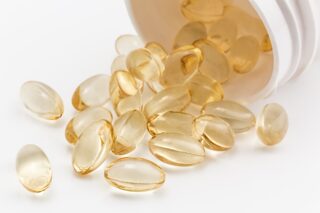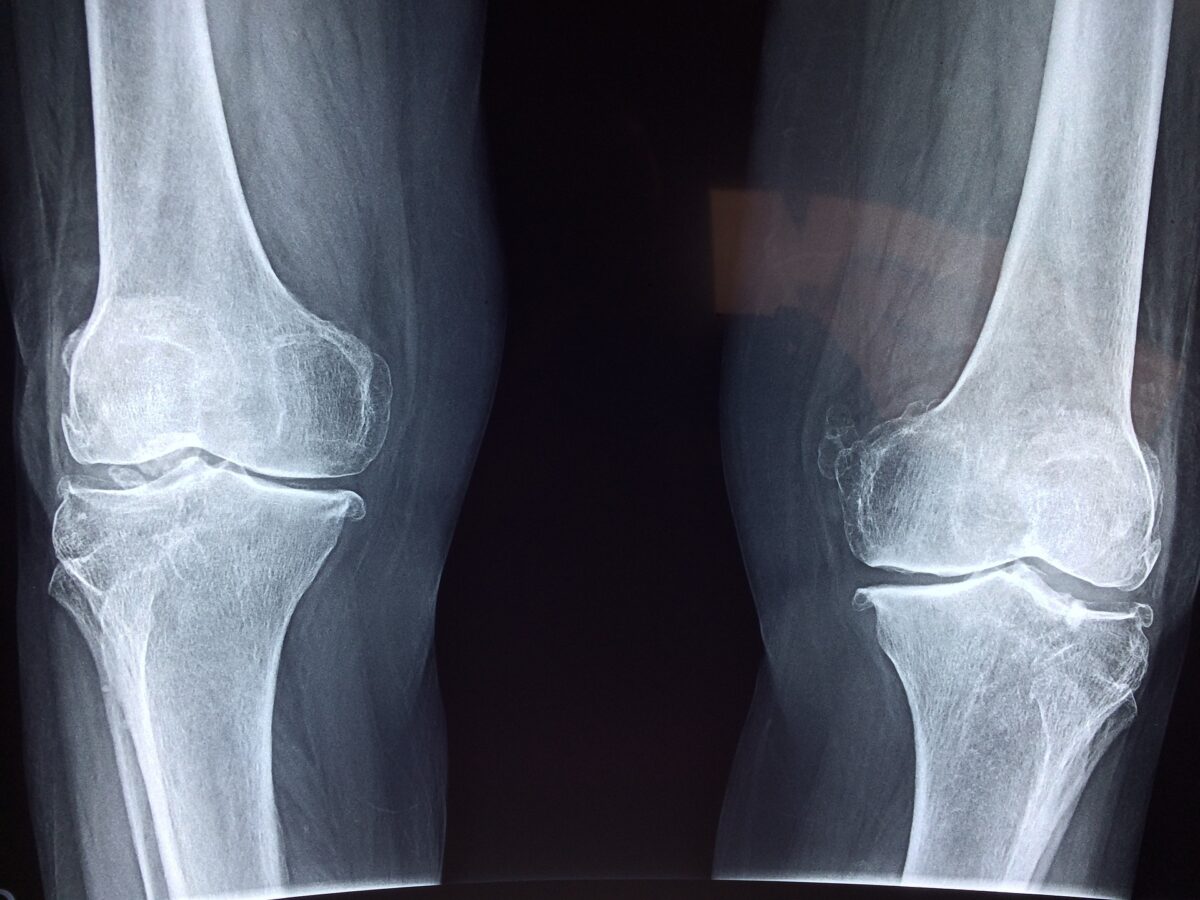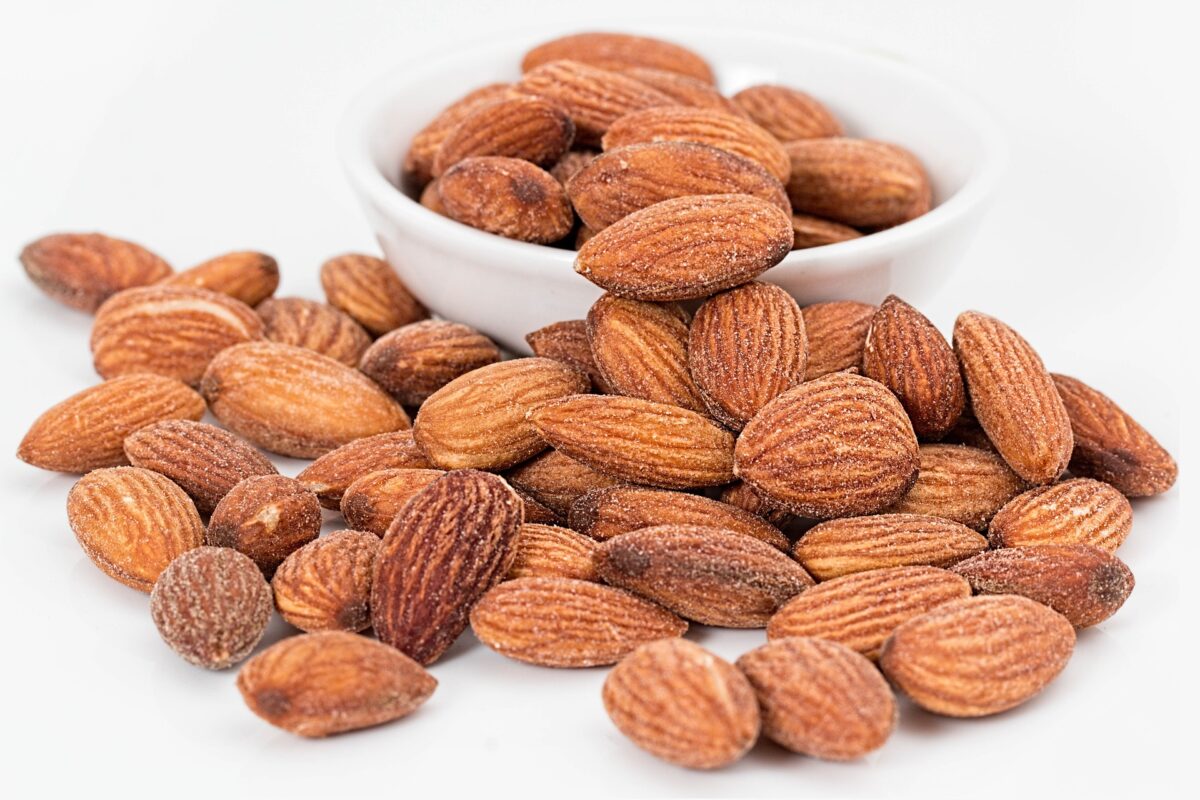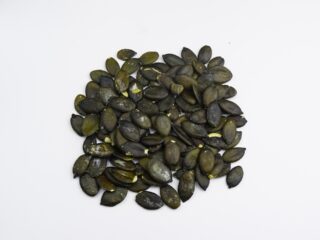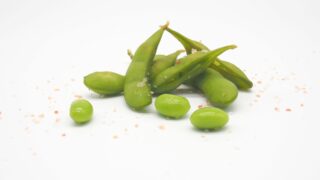Navigating the complexities of menopause can be challenging. For many women, hormonal imbalances bring a wave of discomfort and confusion. Enter topical progesterone—a beacon of hope for pre and post-menopausal women looking for relief. This blog aims to demystify topical progesterone, its benefits, and how it can be a game-changer in managing menopausal symptoms.
The Significance of Progesterone in Women’s Health
Progesterone plays a pivotal role in women’s health. It’s a hormone that regulates menstrual cycles, supports pregnancy, and balances estrogen. But as women approach menopause, progesterone levels start to wane, leading to a host of symptoms like hot flashes, mood swings, and insomnia.
These hormonal changes can significantly impact a woman’s quality of life. Understanding the importance of progesterone during this transition can help women make informed decisions about their health. Here, we explore why progesterone is essential and how it influences well-being during menopause.
From maintaining bone density to regulating mood, progesterone is a key player. Its decline can lead to symptoms that disrupt daily life. Recognizing these changes is the first step in reclaiming balance.

Understanding the Role of Progesterone in the Female Body
Progesterone is more than just a hormone; it’s a vital component of a woman’s reproductive system. Produced in the ovaries, it prepares the body for potential pregnancy each month. But its influence extends beyond reproduction.
During menopause, progesterone levels drop, causing an imbalance with estrogen. This imbalance triggers various symptoms, including weight gain, bloating, and irritability. Understanding how progesterone affects the body can help women better manage these changes.
Progesterone also plays a role in mental health. Fluctuating levels can lead to anxiety and depression. By recognizing its impact, women can seek appropriate treatments to maintain emotional well-being.
Topical Progesterone: A Gentle Approach to Hormone Therapy
Topical progesterone offers a unique approach to hormone therapy. Unlike oral medications, it is applied directly to the skin, allowing for better absorption and fewer side effects. This method provides a steady release of progesterone, mimicking the body’s natural rhythms.
One of the main benefits of topical progesterone is its convenience. It can be applied to various parts of the body, such as the inner arms or thighs. This flexibility makes it an attractive option for women seeking an easy-to-use treatment.
Topical progesterone also offers targeted relief. By bypassing the digestive system, it reduces the risk of liver strain and other complications. This makes it a safer alternative for long-term use.
The Science Behind Topical Progesterone
The efficacy of topical progesterone lies in its mode of action. When applied to the skin, it penetrates the dermal layers and enters the bloodstream. This allows for a controlled release, maintaining stable hormone levels throughout the day.
Scientific studies support the use of topical progesterone in managing menopausal symptoms. Research indicates that it can alleviate hot flashes, improve sleep quality, and reduce mood swings. These findings highlight its potential as a valuable tool for hormone therapy.
Understanding the science behind topical progesterone can empower women to make informed decisions. By exploring its mechanisms, we can appreciate its role in promoting hormonal balance and overall well-being.
Safety Considerations and Potential Side Effects
While topical progesterone offers many benefits, it’s essential to consider safety and potential side effects. Like any hormone therapy, it can cause reactions in some individuals. Common side effects include skin irritation, headaches, and fatigue.
It’s crucial to consult with a healthcare provider before starting topical progesterone. They can assess individual needs and recommend appropriate dosages. Regular monitoring can also help manage any adverse effects and ensure optimal results.
Safety is paramount when using hormone therapy. By understanding the risks and benefits, women can make educated choices about their health. With proper guidance, topical progesterone can be a safe and effective option.

How to Use and Apply Topical Progesterone Effectively
Proper application of topical progesterone is key to its effectiveness. It’s typically used once or twice daily, depending on individual needs. Applying it to thin-skinned areas such as the inner arms, wrists, or thighs ensures better absorption.
Consistency is important. Using the same amount at the same time each day helps maintain stable hormone levels. Women should follow their healthcare provider’s instructions and adjust dosages as needed.
Storing the cream in a cool, dry place preserves its potency. By following these guidelines, women can maximize the benefits of topical progesterone and achieve desired results.
Conclusion: Reclaiming Balance with Topical Progesterone
Topical progesterone offers a promising solution for managing menopausal symptoms. Its gentle, targeted approach provides relief without the side effects associated with other hormone therapies. By understanding its benefits and proper usage, women can make informed decisions about their health.
Menopause is a natural transition, but it doesn’t have to be a difficult one. With the right tools and support, women can reclaim balance and enjoy a better quality of life. Topical progesterone is one such tool, offering hope and relief.
For those considering hormone therapy, consulting with a healthcare provider is essential. They can provide personalized guidance and ensure safe, effective treatment. By exploring options like topical progesterone, women can take control of their health and well-being.
Take the Next Step in Your Hormone Therapy Journey
If you’re ready to explore the benefits of topical progesterone, reach out to a healthcare provider. They can offer expert advice and help you find the best solution for your needs. Sharing your experiences with others can also provide valuable support and encouragement..













